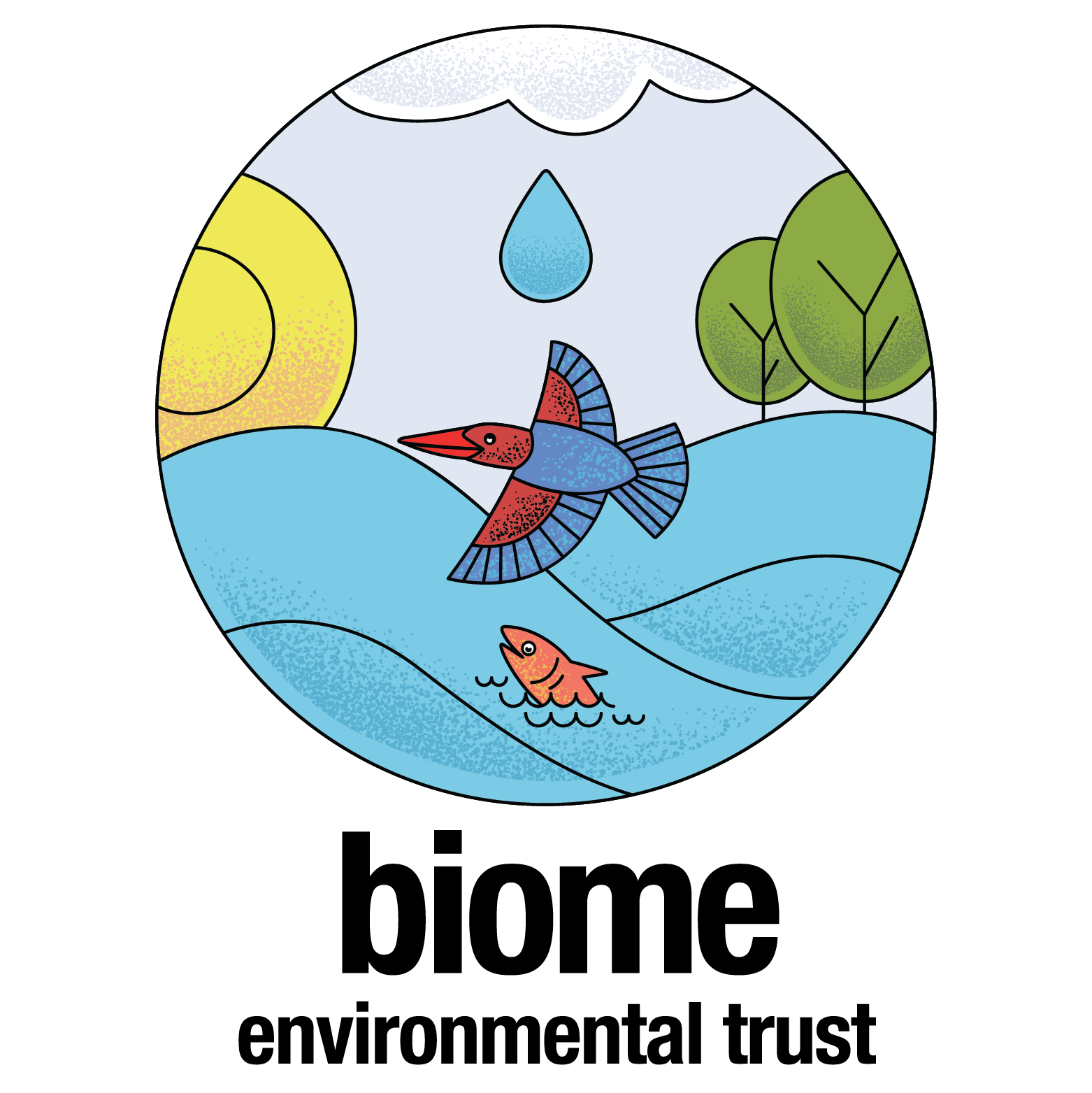Cause Area
Primary Sectors
Secondary Sectors
Geographies Served
Programs
-
Engagement With The State And Policy-Making
District
Bangalore
States
Karnataka
The Trust actively partners with state Governments to chart out strategies for rainwater harvesting systems and developing wastewater guidelines. It conducts training for State Government officials and also participates in the formulation of sanitation plans besides coming up with directions for action for the jal shakti mission’s success in Karnataka. Its also a steering committee member in the state’s WASH alliance and a resource partner for developing a playbook of ecological supervision in times of the pandemic.
-
Engagement With Schools
District
Bangalore
Bijapur
States
Karnataka
Meghalaya
Tripura
It works to install overhead rainwater harvesting systems in schools in and around Bangalore to enable uninterrupted water supply for sanitation purposes. Likewise, it has also worked in Meghalaya, Tripura to install such systems and imparted knowledge regarding optimum water usage and its conservation. It regularly conducts workshops using a self-developed toolkit to make children and their communities aware of fluoride contamination in water. The Trust has also developed a Wipro’s Earthian booklet which describes ways to use water in a responsible manner.
-
Engagement With Urban And Peri-Urban Communities
District
Bangalore
Bangalore Rural
Chikkaballapura
States
Karnataka
The Trust partners with urban communities to initiate water management reforms while actively involving in mapping the underground water resources for Bangalore city. It conducts well walks to make people aware of their situation and also records the condition and location of wells in and around the area. It conducts workshops at a national level to bring together the efforts of different people who are working to attain sustainable water solutions. To provide a livelihood to traditional well-diggers it encourages people to employ them to dig their wells and maintain these water structures themselves as part of a larger water eco-system.
-
Engagement With Lake Groups
District
Bangalore
Bangalore Rural
States
Karnataka
It engages with local lake groups who take responsibility for the upkeep and protection of lakes around the city of Bangalore and works to identify threats to the water bodies, trying to find eco-friendly solutions to these problems. It takes up the task of guiding the groups to build floating wetlands, create system maps, take up water quality testing, post lake display boards at specific locations and conduct biodiversity walks to expose people to the beauty and the risks that lakes are facing.
-
Research
District
Udupi
Bangalore
Bangalore Rural
Bijapur
Belgaum
Kolar
States
Karnataka
As an organisation aimed at water conservation, it takes up surveys of fluoride in the groundwater and initiates experimental testing of its sanitation safety plans. It conducts studies on the role of the informal sector in the area of sanitation so that services and health markers can be improved as a result. It is also part of a project of the Karnataka Government to supply treated urban wastewater to drought-prone districts for use in agriculture and to recharge local groundwater networks.
Registration Details
-
PAN Card
AABTB5517E
-
Registration Number
BNG(U) BYP/116 2009-2010
-
CSR Form 1
Not Available
-
80G
AABTB5517EF20219
-
12A
AABTB5517EE20096
-
FCRA
Not Available
About
-
Headquarters
Bangalore, Karnataka
-
Since
1990
Impact
Biome has improved groundwater tables in Bangalore, secured livelihoods of traditional well-diggers, increased water availability in towns like Devanahalli, and implemented rainwater harvesting systems in schools that yield hundreds of thousands of liters annually.
Vision and Mission
Biome's vision is climate-resilient, ecologically-caring and socially-just knowledge-based water systems for all biomes. Its mission is facilitating livelihood-centered sustainable water and sanitation systems.
Political & Religious Declarations
-
Political Affiliation
-
Religious Affiliation
Location
-
Offices in Cities
Bangalore
Other Details
-
Type
Non-profit
-
Sub Type
Trust
Website
Technology Adoption
-
SOC 2 Compliant
No
-
Financial Management
-
Beneficiary Management



